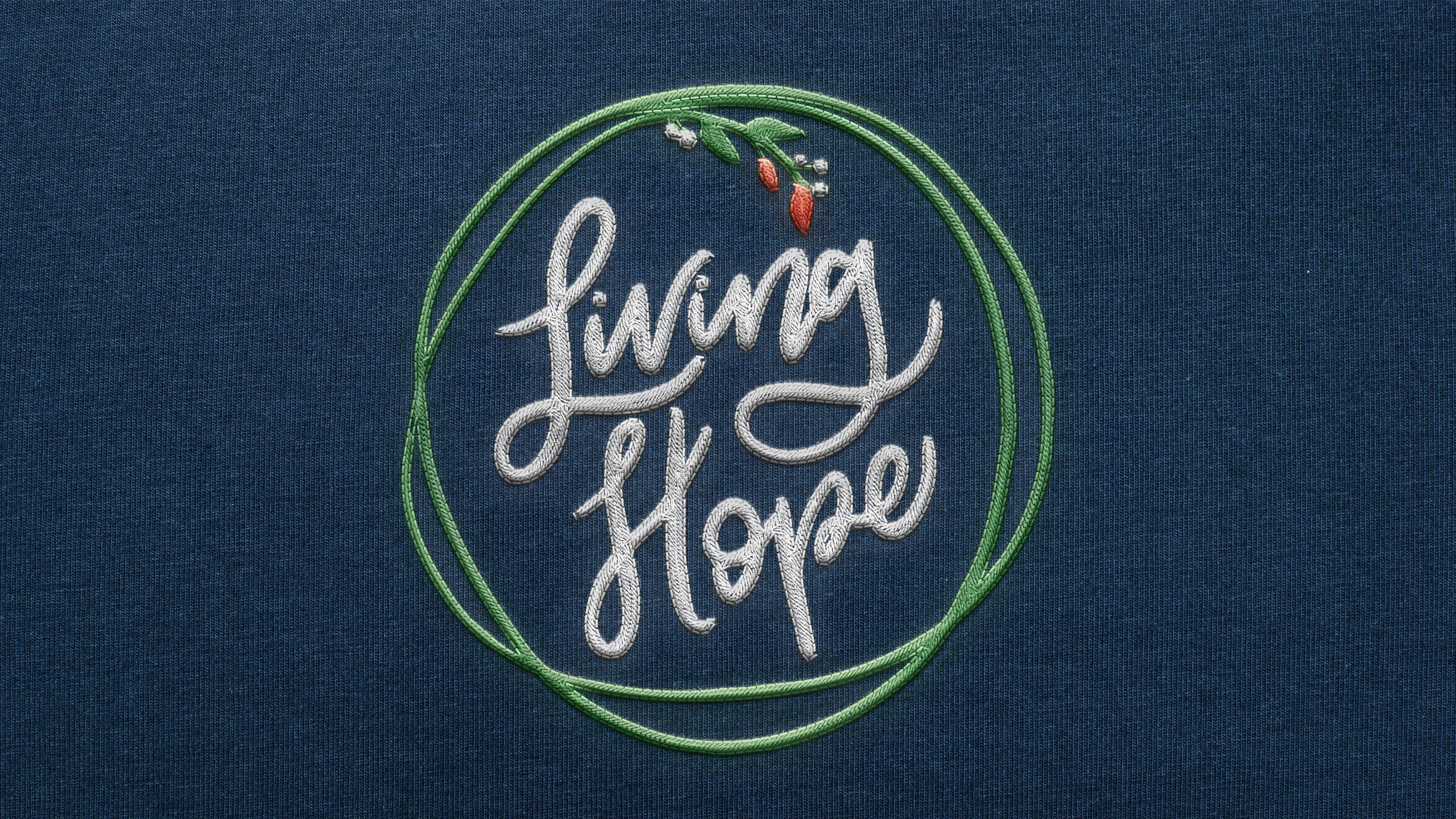Written by: Joy La Prade
When I think of the famous women of the Bible, the ladies of Titus 2 are at the top of the list, right behind the Proverbs 31 woman.
The new mentoring program for women at Exodus borrows its name from them. The Titus 2 Project comes from what Paul writes in this chapter, as he encourages older women to invest in those who are younger.
But who are these women? And what are we signing up for when we join The Titus 2 Project?
I’ve recently come to realize that my familiarity with the celebrities of Titus 2 may have created some false assumptions about who they are, in the same way checkout-line tabloids have made me more familiar with Angelina Jolie than I would ever want, without giving me any real knowledge of her.
I wanted to better know the Titus 2 ladies, so I started with what Paul writes:
“Older women … are to teach what is good, and so train the young women to love their husbands and children, to be self-controlled, pure, working at home, kind, and submissive to their own husbands, that the word of God may not be reviled.” (2:3-5)
Maybe, like me, you’ve heard someone interpret these verses as a sort of spiritual home economics class. Are we supposed to wear aprons and bake cookies while quoting Bible verses to one another?
We can set the caricatures aside by looking at what Paul emphasizes. Though there is a long list of character traits and behaviors in these verses, these aren’t the main substance of the older women’s teaching.
Instead, those attributes in verses 4 and 5 are the results of something else. And this is what Paul asks older women to teach: “what is good.”
Because of this teaching, younger women will be trained to be self-controlled, pure, etc. — “They are to teach what is good, and so train…”
So, you may ask, what is “good”?
Thankfully, Paul has not left any doubt on this point. Over and over throughout Titus, he returns to the same point: faithful teaching of the gospel will result in lives overflowing in love for Jesus and for others. (See 1:1, 2:1, 2:11-12, 3:8)
When it comes to The Titus 2 Project, what would it look like for older women to teach younger women the gospel?
Since we all know the gospel already, should we focus our time on marriage and parenting advice?
It depends on what we think the gospel is. Is it a set of beliefs we agree to, or is it Jesus himself revealed to us?
If it’s just a matter of believing, familiarity with the right words is all the knowledge we need. But if the gospel is a person, then being familiar with it means we don’t know Him at all.
Knowing the gospel is a relationship, one that Paul describes beautifully in Titus 3:3-7.
We were slanderers and slaves to our passions, but as we were quarreling, envying and hating each other, our redeemer chose us, suffered and died to make us beloved children of the Father.
This is what I need to be reminded of every day, and what I hope we will all know through The Titus 2 Project.
Any encouragement we give one another to love our husbands and children will just turn into another list of rules unless we first see Jesus and how he loves us.
As we look to him together, we can be freed to love our husbands — not to give affection in equal measure to what we receive, but to pour ourselves out for the good of those who sometimes feel like enemies.
As we see how he set aside his glory to serve, suffer and die for worthless rebels such as us, we can in hope and joy set aside our own desires to serve disobedient and ungrateful children.
We might even rejoice in our most mundane work, seeing it as a dying to self, because we have the promise of eternal life set before us: the appearing of the glory of our great God and Savior Jesus Christ.
We can see Jesus in the gospel, and as we look to him together in mentoring relationships, this is how we are transformed. Not into “Titus 2 women,” but into the image of our Savior.



